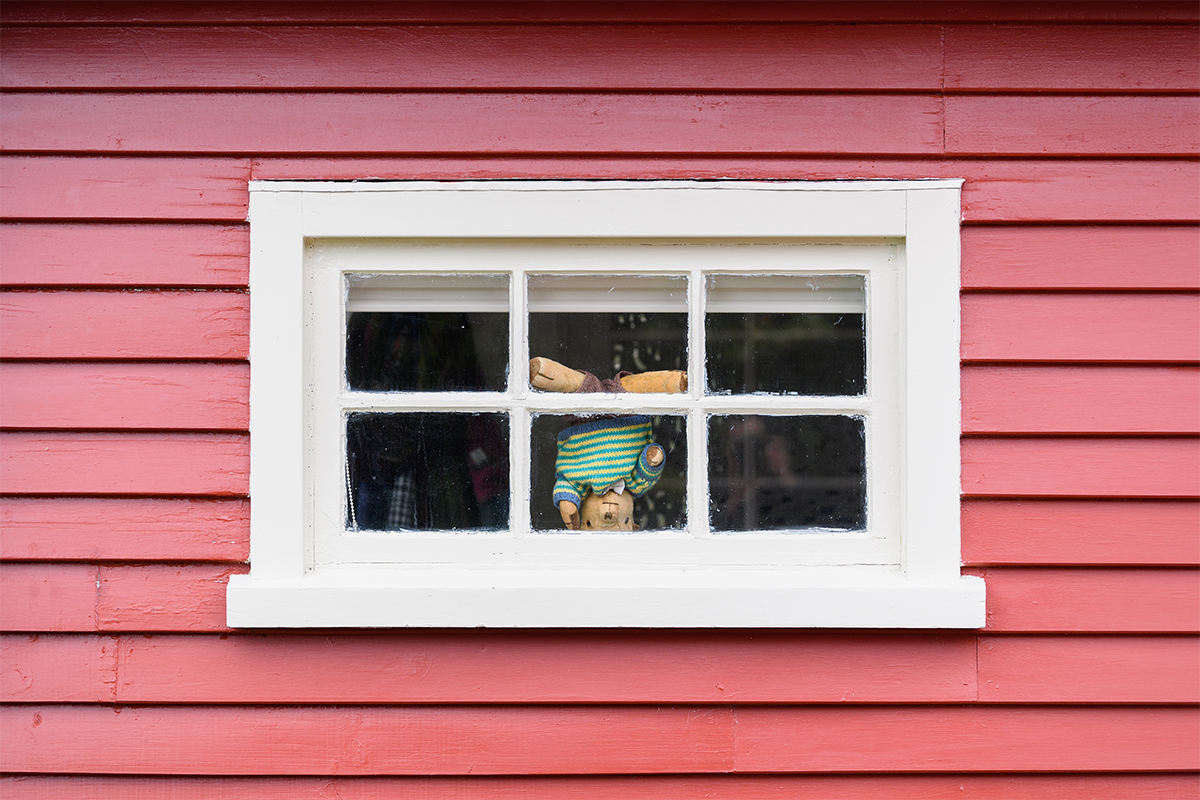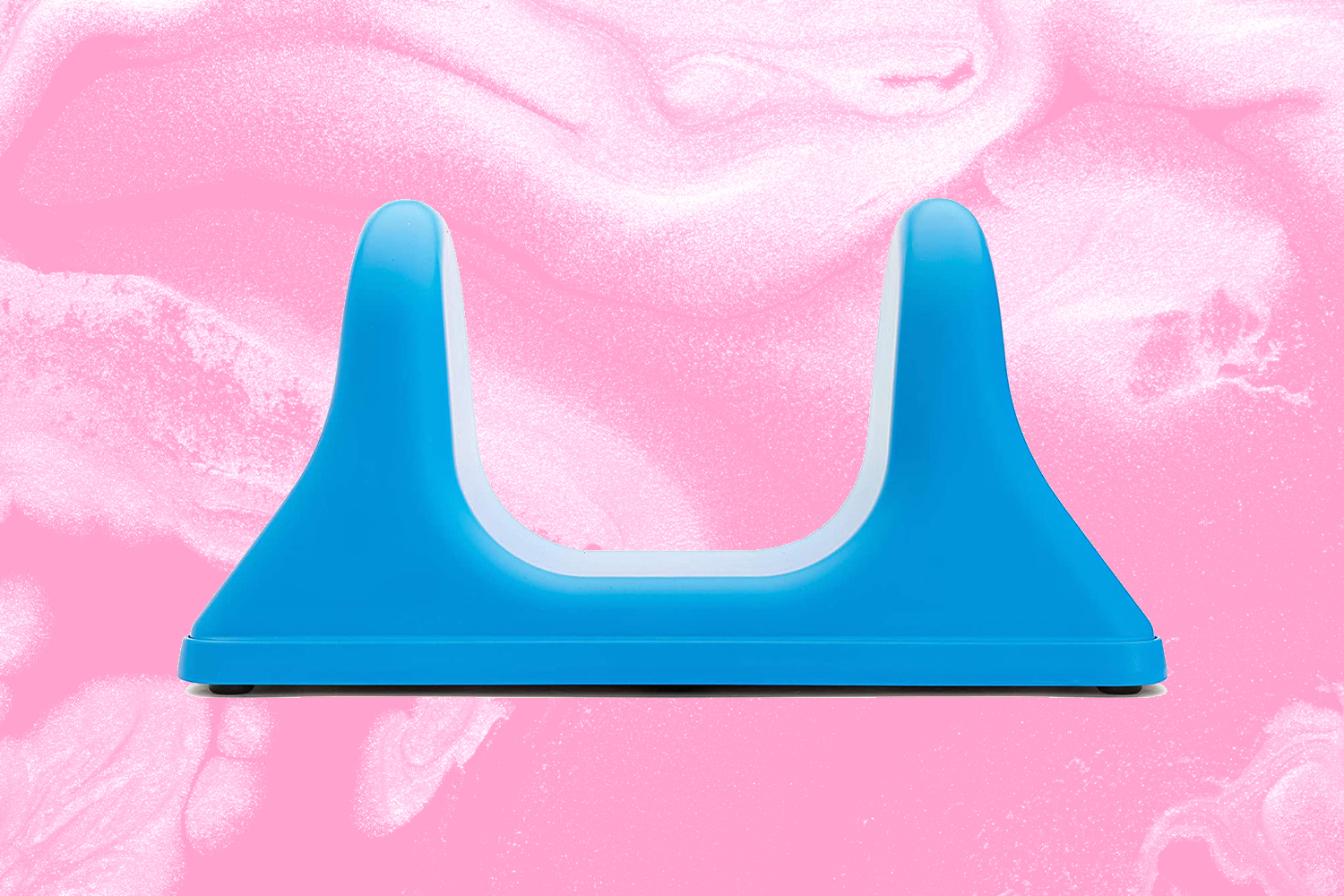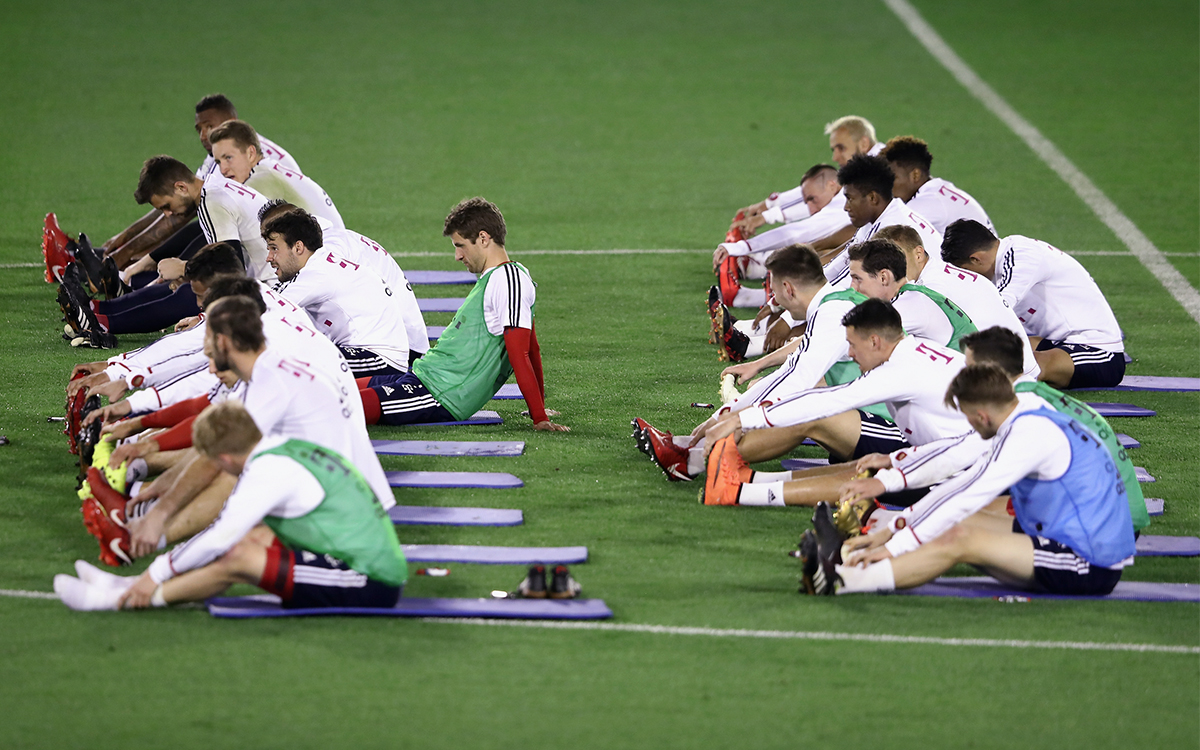Due in large part to the lack of social connectivity during the pandemic, nearly three times more Americans — a whopping 25% overall — are experiencing symptoms of depression. In general, limited in-person contact boosts stress levels, while loneliness increases the risk of high blood pressure, chronic inflammation, a weakened immune system and several other health problems. In a pandemic, these issues are compounded even more.
“We are people who need people,” says Adriane Kruer, a Los Angeles-based psychologist. “We’re all kind of in a heightened trauma state. It’s really key for us to notice that and take excellent care of ourselves.”
Many people used to accomplish that by hitting a spa to get a massage, which not only relaxes the body, but can also ease anxiety while providing receivers a sense they’re being cared for and connected with.
Kruer advocates for massage in these trying times, saying, “Anything that takes care of the nervous system is also taking care of the emotional and psychological world.” But because of mandated closures and worries of coronavirus contraction in a public space, massages are currently off the table (no pun intended) for most people. Fortunately, there are ways we can give ourselves a massage, using either our hands or a number of common household items. Taking the time for a self-massage might help mitigate the pandemic blues or other health issues cultivated by excessive isolation.
“It’s going to be a different effect, but it doesn’t mean that it’s not beneficial,” Kruer says of self-massage versus traditional, person-to-person massage. “There’s something beneficial about having that connection and relationship with your own physical self.”
Kruer says self massage will definitely enable an individual to work knots out of his calves. But on a deeper level, the practice can also help an individual “reassure” his body — and, in turn, signal to his mind — that “things are OK right now, it’s OK to relax, you can settle in, you can breathe, and allow the body to heal and take care of itself.”
To learn some self-massage techniques, InsideHook spoke to Rachel Beider, a New York State-licensed massage therapist and owner of PRESS Modern Massage in Brooklyn, which combines “a medically based massage practice with the relaxing environment of a healing space,” according to its website.
Here are five effective self-massages you can try at home during quarantine — or afterward, if needed.

The Cure for “Text Neck”
Beider says a common complaint she hears from clients is what she refers to as “text neck,” which is neck discomfort and muscle spasms caused by constantly looking down at electronic devices. It’s something almost all of us are doing more of while we shelter-in-place.
“There are really, really straightforward, easy ways that we can release these muscles at home,” Beider says.
To treat text neck, interlock your fingers, and then cup your neck with your palms, placing them at the bottom of the back of your skull. Rub your neck with your thumbs in a circular motion, walking them up and down the neck, experimenting with different positions of the head by slowly nodding.

Tennis Ball, Meet Back
This massage, Beider says, “is great for that place in between your shoulder blade and your spine where all of the crunchy knots are.”
Take a tennis ball and place it in the bottom of a sock. Flip it over your shoulder and lean back against the wall, with the ball situated in that section between the shoulder blade and spine. Move your back around, with squats or hip adjustments, and the ball will follow, working out those knots.
“If you want to get fancier with it, you can pick your arm up and extend it in front of you,” Beider says. “You can move your arm in different directions and kind of work more deeply into the muscles that way.”
Deep breaths will also add to the effect of this massage, because it widens the ribcage. She says this could prove an important self-massage in general, because when we’re stressed we tend to hold a lot of tension in this area.
“These are really big postural muscles,” Beider adds. “We tend to be hunched over our computers or cell phones all day, so this is really good if you have a lot of screen time happening.”
Protect Your Pecs
For this massage, pick an armpit and bury your opposing arm’s fingertips deep into it. Keep the thumb outside the pit, and squeeze that thumb and the fingertips together, moving the thumb circularly around the pectoral chest muscle, massaging it.
“You can kind of use your fingers to scoop up the belly of the muscle, the middle of the muscle right next to your underarm,” Beider says. This massage is particularly useful “because we are using our cell phones or the way our posture is when we’re typing, there’s a lot of tension here, especially if we’re stressed out.”
Tennis Ball, Meet Butt
Moving down the body, focusing on the hips and gluteal muscles, Beider says to grab a tennis ball once again. Sit on the floor, cross your ankle over your opposite knee — a good stretch on its own, she points out — and pop the tennis ball underneath your gluteal muscles. Using your arm strength, shift your body across the ball, getting it to massage your hips as well as your butt.
“It hurts like hell, which means it’s working,” Beider says, adding that “these muscles can get really tight” from sitting around too long.
Feet First?
The feet support your entire body, so keeping them in good shape helps you maintain balance and posture, thus preventing problems from arising elsewhere.
Again, Beider goes to the tennis ball for self-foot massage, suggesting you roll it under your foot, putting particular pressure on the ball when it meets the arch and focusing on any area that may feel tense or tight. Really, any ball will do, and she says she keeps a ball under her desk, rolling her foot out while she works on her computer.
She says it’s also easy to work your feet with your hands because there’s easy access; simply massage them with your fingers and palms in instinctual motions common to any massage style.
Executing any of these — as needed, or just because — for only a few minutes can have an outsized impact on your physical and mental well being in a year that COVID has really had its way with us.
“We’re really missing a lot of the touch that we usually have, like not being able to hug our friends or handshake or even just high fives,” Beider says, chiming in on the importance of self-massage right now. “Especially if you’re isolated and you’re living by yourself, or you just don’t have a lot of physical touch in your day-to-day, I think it’s important to give it to yourself.”
This article was featured in the InsideHook newsletter. Sign up now.























